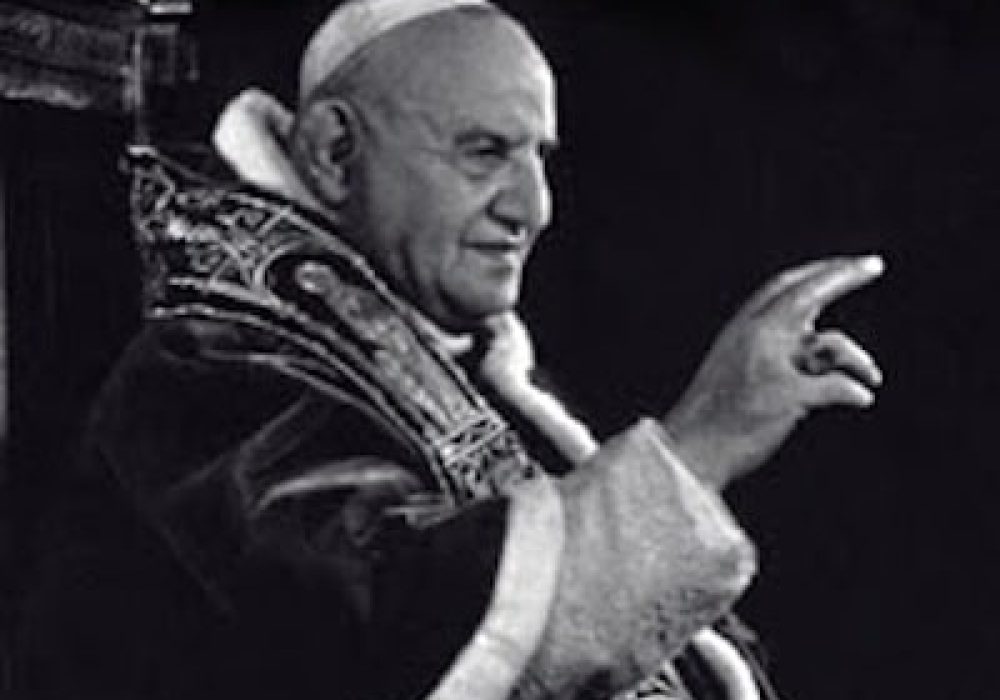Presenter:
Russell Hittinger (University of Tulsa)
Respondents:
Andrew Bacevich (Boston University)
Habib Malik (Lebanese American University)
Moderator:
Mary Ann Glendon (Harvard Law School)
On April 11, 1963, amid the tensions of the Cold War, and shortly after the erection of the Berlin Wall, Pope John XXIII addressed his encyclical Pacem in terris to all people of good will. He invites them to consider the conditions for establishing universal peace on earth in truth, justice, charity, and liberty. This symposium will examine the affirmations of Pacem in terris as they bear today on human rights, religious freedom, and the international political and economic order with special consideration of the situation of Christians in the Middle East.
This event is the inaugural event of the New England Forum for Catholic Social Thought, part of the Lumen Christi Institute’s Program in Catholic Social Thought.

